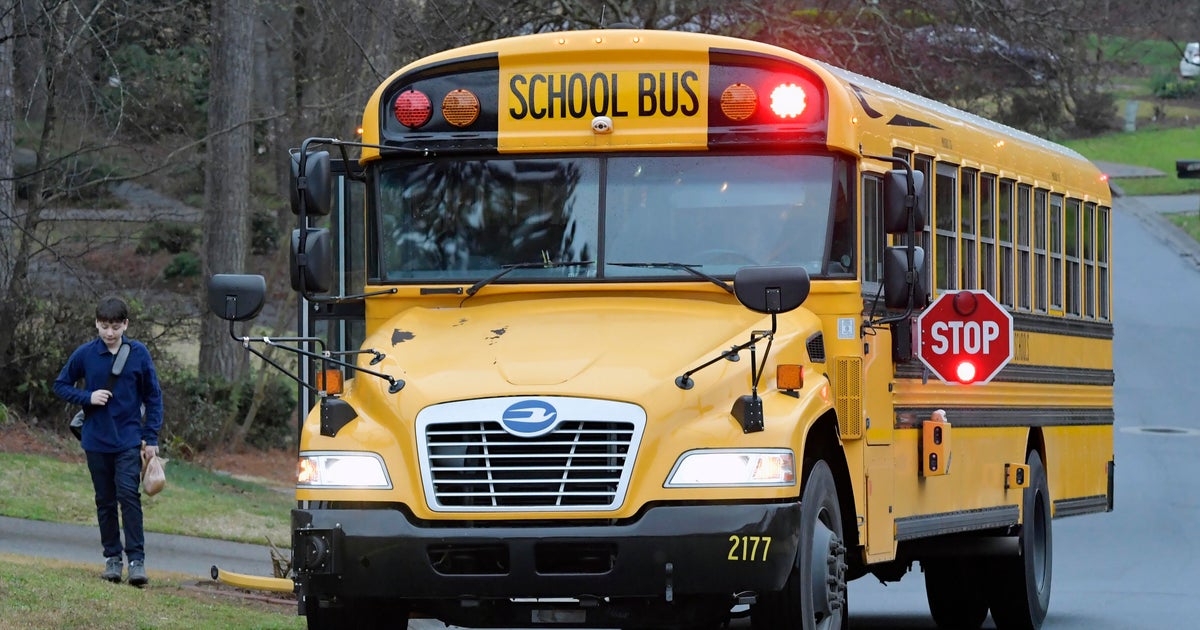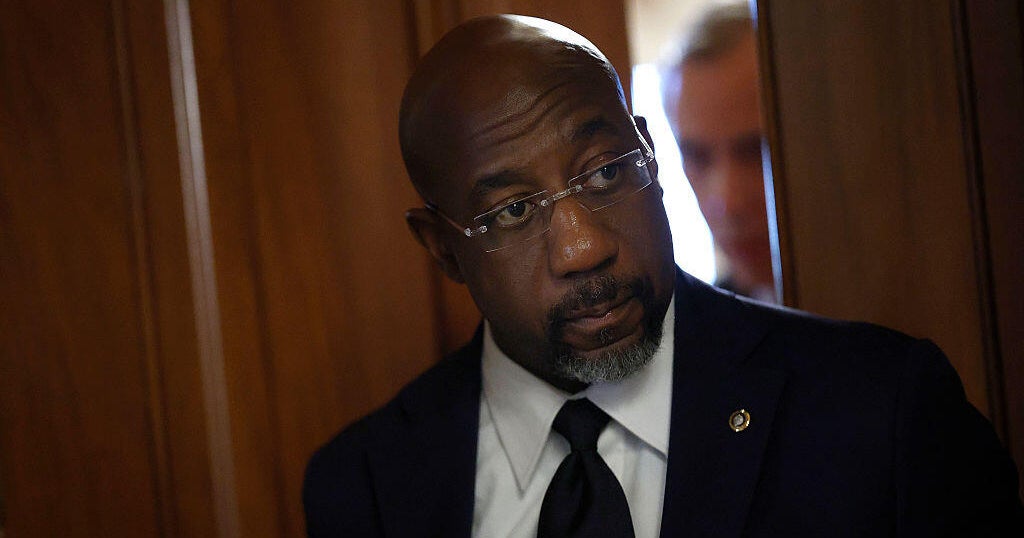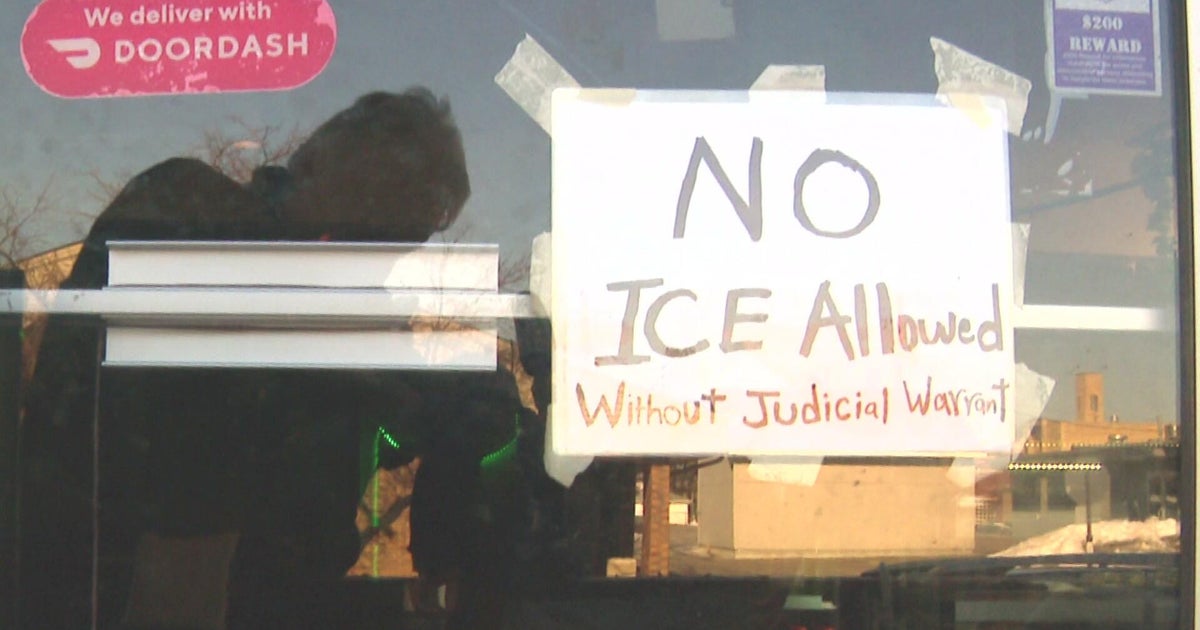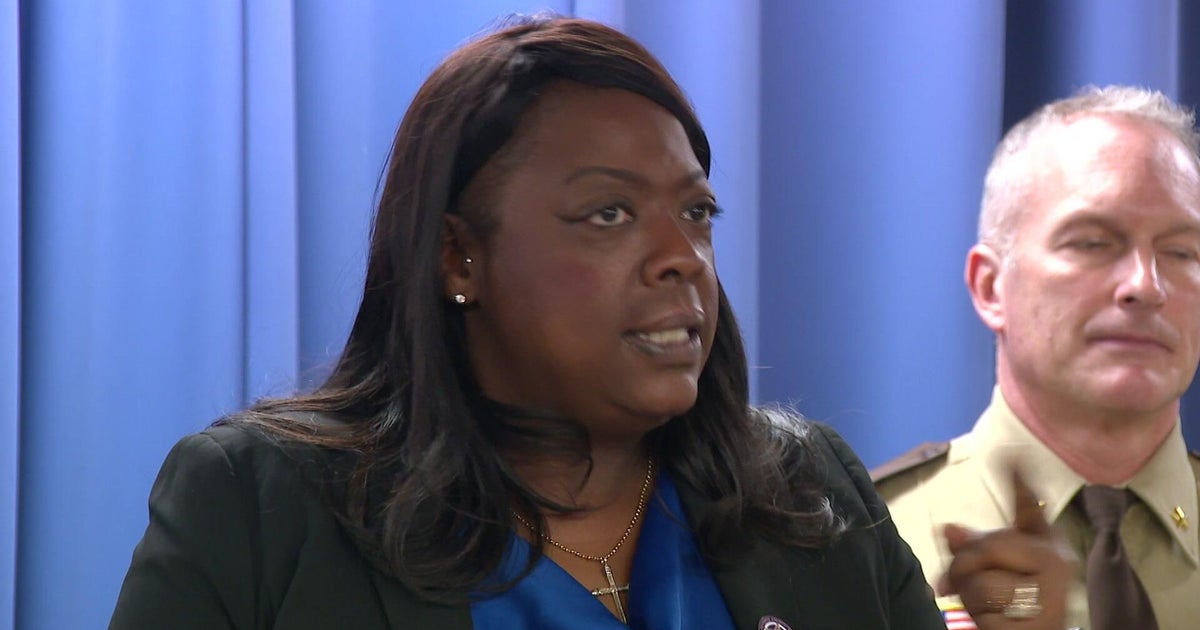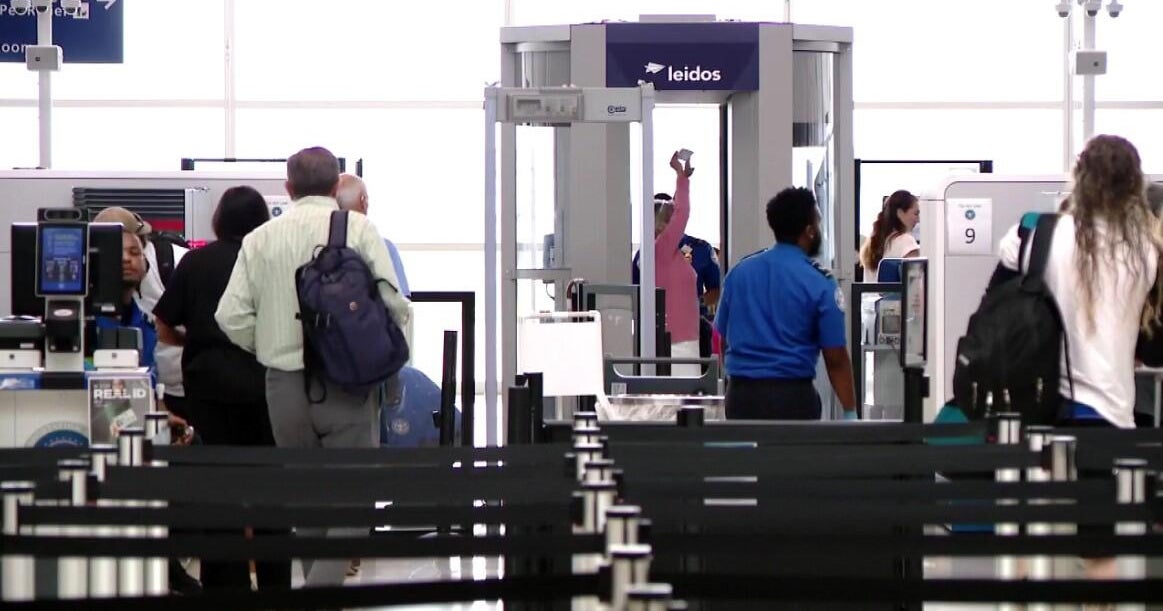Feds Approve California Switch To Computer-Based Standardized Testing For K-12
SAN FRANCISCO (AP) — Federal education officials on Friday approved California's plan to roll out new computer-based standardized tests this spring, ending a months-long dispute that put the state at risk of sacrificing $1.5 billion in federal school funding.
The U.S. Department of Education said the state's plan for an experimental trial run of the new Smarter Balanced language and math tests makes sense since they more accurately mirror the lessons teachers have been giving this year. The Smarter Balance tests will replace the Standardized Testing and Reporting tests, or STAR tests, that the state's public school students have taken in reading, math and social science since 1999.
The new tests, which take six or seven hours to complete, were designed with 23 other states to follow a set of national curriculum standards known as Common Core. Most of the participating states plan to have 20 percent of their students take either the math or language portion this year. But in California, both parts will be given to all students in grades 3-8 and 11, as well as small sample of ninth- and 10th-graders, sometime between March 18 and June 6.
"Approval of this waiver could not have come at a better time. In little more than a week, some 3 million students will begin the largest field test of these new assessments of any state in the nation," State Superintendent of Public Instruction Tom Torlakson said in a statement.
U.S. Education Secretary Arne Duncan initially threatened to withhold funding the federal government provides to schools with large numbers of low-income children if the state abandoned the old tests while the news ones were still under development. Duncan said in the fall that he was concerned that the public would be deprived of essential information about how well students and teachers are performing, because no individual or schoolwide scores will be generated or reported from this spring's testing.
In a letter granting the state a one-year waiver from the reporting requirements, Assistant Secretary Deborah Delisle did not indicate why Duncan had set aside his concerns. Under the terms of the waiver, high schools still will be required to show they are making progress by reporting results from the high school exit exam the state gives students starting in 10th grade.
Unlike the old paper-and-pencil STAR tests, the Smarter Balanced assessments were designed to be taken on computers and to adapt to what students know by giving them prompts if their answers are incomplete. The new assessments also were created to align with the Common Core standards, a framework that backers say is designed to better prepare students for college and careers.
States are giving the new tests this year to evaluate the tests' validity and to identify potential technical glitches before results are made available in 2015.
California officials decided to take an aggressive approach that calls for all students in the affected grades to sit for both the math and language parts of Smarter Balance, arguing that the 15-year-old STAR tests no longer reflect what students are being taught and making students take both tests would be a waste of classroom time.
Because the state does not plan to generate individual student scores, school performance reports or statewide results from the spring rollout, the California Department of Education had to seek a federal waiver from portions of the No Child Left Behind Act. The act requires states to increase the percentage of students who are proficient in language arts and math to remain eligible for funding under the federal program that provides aid for economically disadvantaged students.
(Copyright 2014 The Associated Press. All rights reserved. This material may not be published, broadcast, rewritten or redistributed.)


